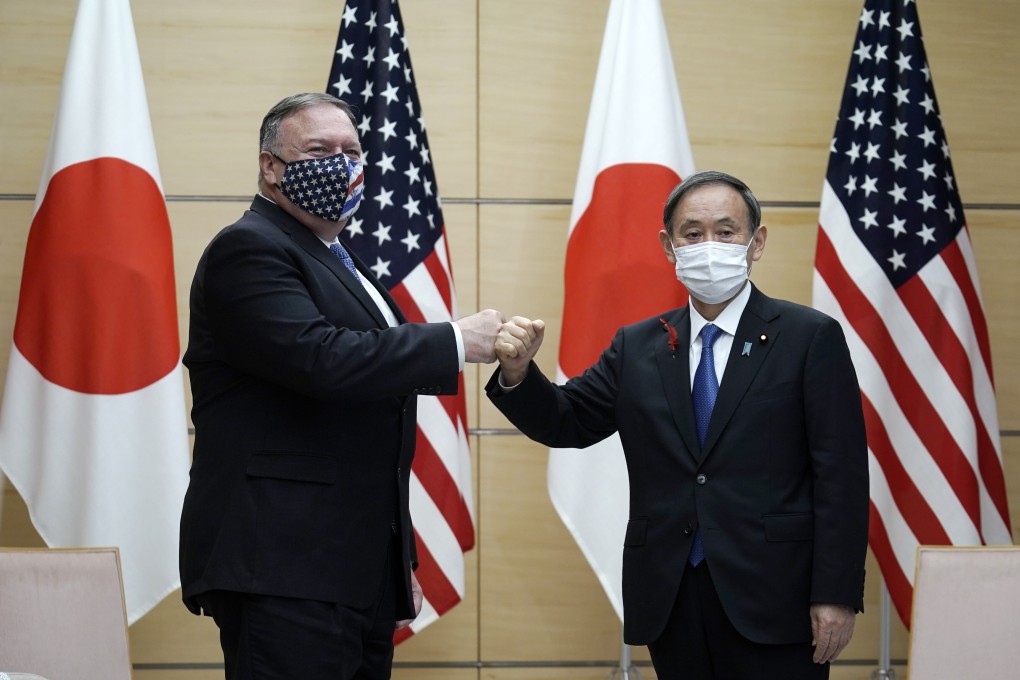Opinion | On the contrary, the Trump years have strengthened US-led international liberalism
- US policy on China and Taiwan is now much clearer, Quad allies have drawn closer, the Korean peninsula status quo has been vindicated – and John Bolton has been politically neutered

The United States election results four years ago caused no shortage of consternation for those who believe strongly in a US-led liberal international order.
That international order has certainly been stressed in recent years but has not crumbled in the wake of the Trump presidency. If we are being honest, there are a few ways in which the events of the past four years, both directly and indirectly due to the Trump administration, have ultimately benefited US-led international liberalism.
Here are five of them.
Second, Taiwan is no longer on the outs. For decades in the US, support for Taiwan was the love that dare not speak its name. As a consequence of the previously mentioned partnership with Beijing, Taiwan’s existence became an inconvenience to Washington – the liberal democracy in Asia we would rather not talk about.
